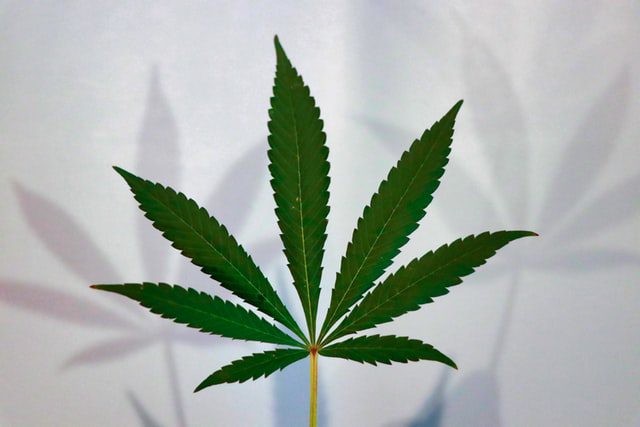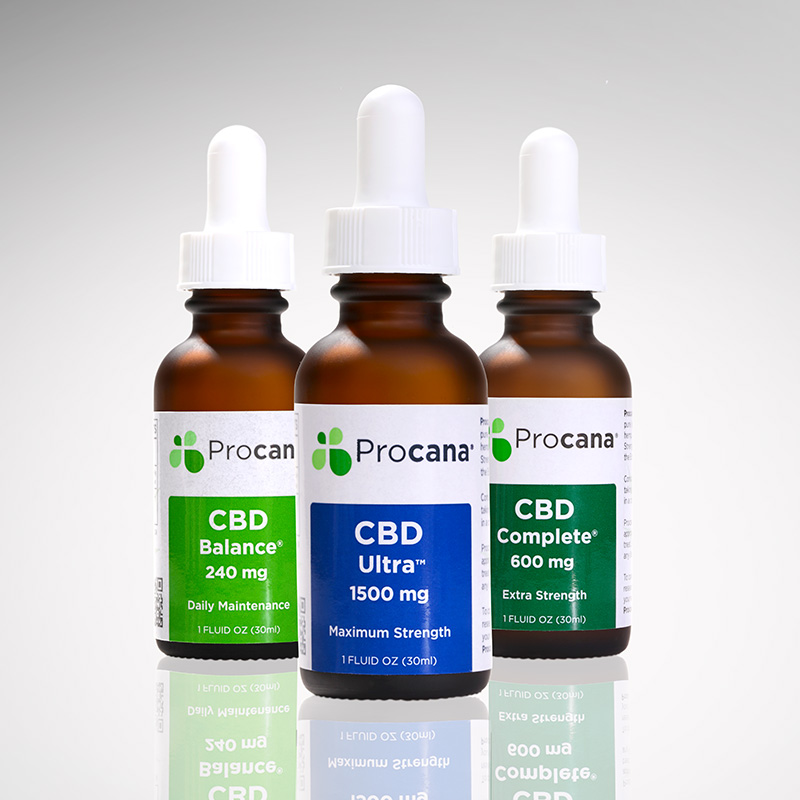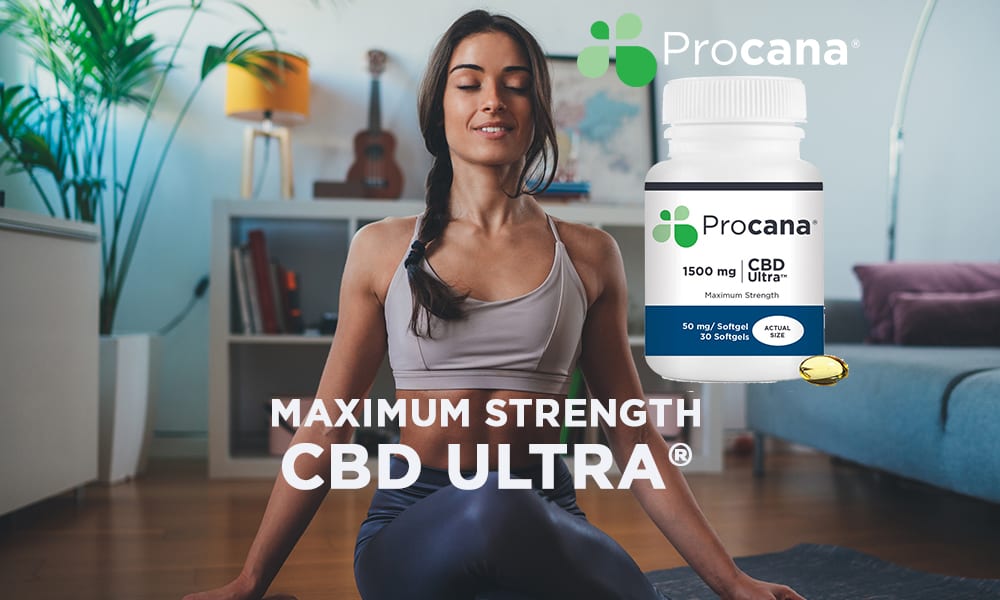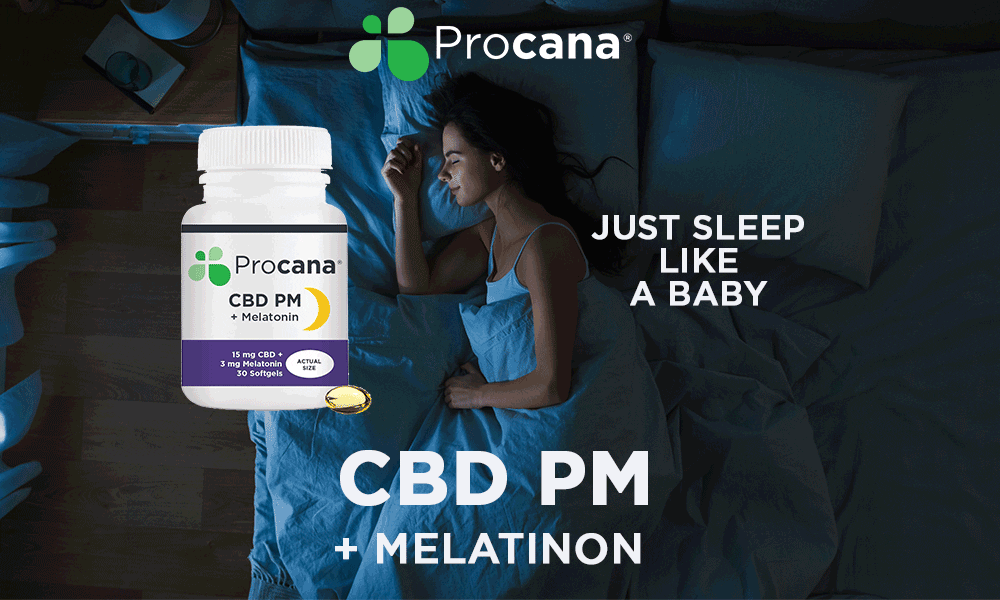As the cannabis market is growing day by day, researchers are more interested in exploring new cannabinoids and their potential benefits. There is new research regarding cannabinoids every day, but still, many people don’t have some basic knowledge regarding these cannabinoids. CBD and Delta-9 THC are the most popular cannabinoids, but do you know that Delta-8 THC also exists? As more cannabis/hemp-based products become popular, you must be aware of the differences and similarities among these various cannabinoids. Let’s dig deeper to know the potential effects and side effects of some cannabinoids such as CBD and Delta-8 THC.
What Is Cannabidiol or CBD?
CBD is one of the cannabinoids present in cannabis plants. CBD is the most popular ingredient in almost every cannabinoid-based product. CBD is known for its health-beneficial properties. Moreover, it doesn’t make you high like THC. Moreover, you can find different CBD products in the market, such as CBD oil, gummies, softgels, and even beauty products too. CBD is also part of FDA approved drug and there is plenty of research on CBD and its effects.
Tetrahydrocannabinol or Delta-8 THC
Delta-8 THC is an isomer of Delta-9 THC, and that’s why many people confuse them. Isomer means that delta-8 has a little bit different molecular structure. It is present in the cannabis plant but in small quantities. Most of the Delta-8 THC is human-made from using Delta 9 THC by distillation or isolation. Delta- 8 THC has almost similar properties to Delta-9 THC, but it has less psychoactive effects. On the other side, researchers also believe that delta-8 has some unique properties like other cannabinoids.
How Delta-8 and CBD Are Different
Delta-8 THC and CBD both come from the cannabis plant, but both are different in properties and effects. Hemp-derived CBD comes from the leaves and buds of the plant. Underground portions like roots don’t contain any CBD. Similarly, hemp seeds don’t have any CBD. On the other hand, Delta-8 THC is present in less quantity, and most of the Delta-8 THC comes from the distillation of either CBD or Delta-9 THC. Different distillation processes typically result in more than 80% Delta-8 THC.
CBD Effects Research Evidence
- Epilepsy is a difficult treatment, and despite all medication, more than thirty percent of patients are resistant to treatment. Lennox-Gastaut syndrome and Dravet syndrome are childhood forms of epilepsy and hard to treat. CBD helps in reducing the frequency of seizures in different epilepsy syndromes. CBD is also part of FDA approved drug Epidiolex for epilepsy. This study shows CBD’s effectiveness in treating Lennox-Gastaut syndrome and Dravet syndrome. One more study supports the CBD’s effectiveness in treating childhood epilepsy.
- CBD is helpful for the treatment of drug addiction. According to a study, CBD is helpful in combating mood disorders and cue-induced cravings related to heroin addiction.
- CBD has antibacterial properties, and that’s why it is part of many antibacterial topical creams. This review supports that CBD is effective against bacteria; moreover, CBD is effective against drug-resistant bacterial infection. This study also supports that CBD has great antimicrobial potential.
- According to a study, CBD is effective in chronic pains, so CBD is helpful in many painful conditions.
- Sleep is an important function of the nervous system. Many people have a problem falling asleep or have disturbed sleep cycles. CBD is also helpful for sleep and sleep-related issues. Many people share positive experiences such as improved and regulated sleep cycles with the use of CBD. Many studies and clinical trials support it. According to a review, the use of CBD for sleep is effective.
Delta-8 THC and Its Effects
Undoubtedly, Delta-8 THC has exploded in popularity, but its effects and side effects are still properly unknown.
- According to an article on WebMD, delta-8 THC helps regulate sleep cycles. Moreover, its use is effective in nausea, and it helps to alleviate the mood.
- This article defines Delta-8 THC as a “nice younger sister of delta-9 because it provides all the benefits with fewer adverse reactions.”
- Delta-8 THC can be a possible alternative to Delta-9 THC for people who want to reap the benefits but don’t want to get high. Delta-8 THC reportedly produces less psychoactive effects than delta-9. There is a need for more research to better understand the potential side effects of this compound because research on Delta-8 THC is scarce to date. Moreover, delta-8 is not FDA-approved to be part of any drug.
The Legal Status of CBD
According to Farm Bill 2018, all hemp-derived products, including CBD, are legal. These products must have less than 0.3 percent Delta-9 THC. So you can say that all hemp-derived CBD products having less than 0.3 percent Delta-9 THC are legal. If CBD is derived from marijuana, then it may contain higher THC content, and marijuana and its use are illegal.
The Legal Status of Delta-8 THC
The legal status of Delta-8 THC is somewhat in the gray area. All products having Delta-9 THC more than 0.3 percent are illegal, but what about Delta-8 THC? Federal Laws don’t tell us anything specifically about Delta-8 THC.
If Delta-8 THC products come from hemp, they are technically legal. Many people say that Farm Bill 2018 has loopholes for Delta-8 THC. However, different states have different laws for this new compound. It is important to check the legal status of Delta-8 THC in your state before buying and selling to stay on the safer side.
Bottom Line
CBD and delta-8 THC both come from the cannabis plant but are different in properties and effects. CBD has great therapeutic and medicinal properties, and these are backed by a mountain of scientific research and clinical studies. Research on Delta-8 THC is in infancy, and there is a long way to go.
Moreover, CBD has clear legal status, and federal laws do not say anything straight about delta-8 THC. Considerable future research will be needed to explore and verify the effects of both cannabinoids. It also requires strong collaboration among academic researchers, legislative authorities, the government, and the cannabis industry.





